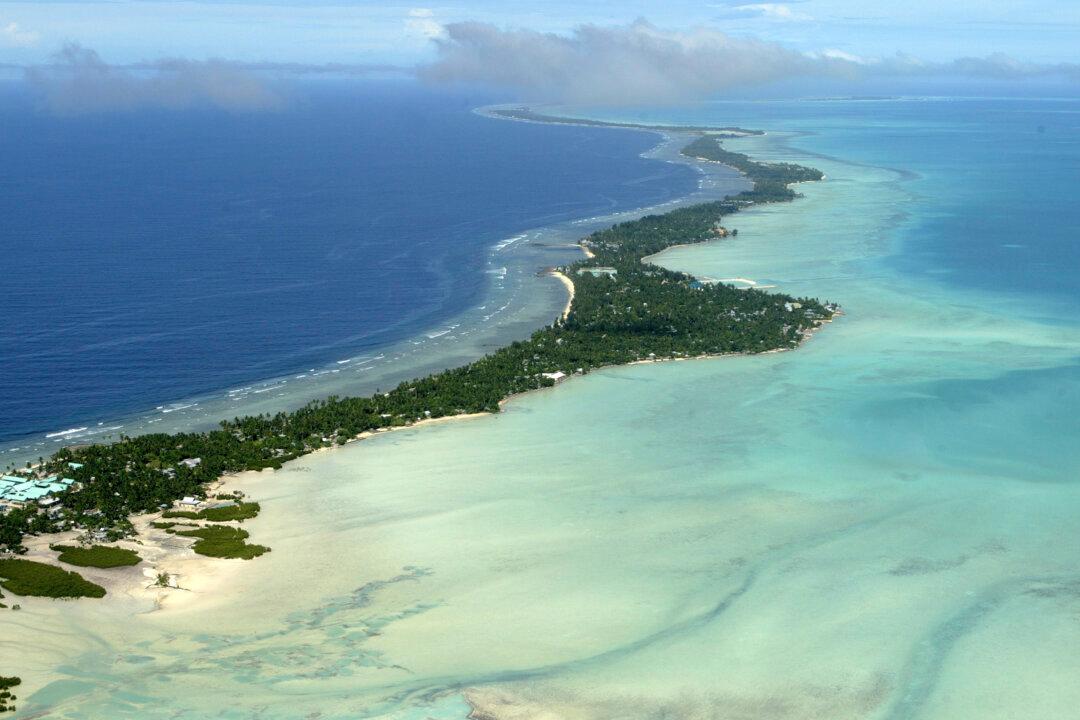The Pacific Islands Embassies Act has been included as an amendment to the Fiscal Year 2023 National Defense Authorization Act, and has now become law, pushing for a stronger American presence in the Pacific island region where China is striving to expand its influence.
The legislation aims to set up three U.S. embassies on the Pacific island nations of Kiribati, Tonga, and Vanuatu. The bill sets aside $40.2 million for fiscal year 2023 for constructing the embassies as well as their maintenance. An additional $3 million has been authorized as maintenance expenses for fiscal year 2024. It mandates that the embassies be established within two years of the enactment of the act.





